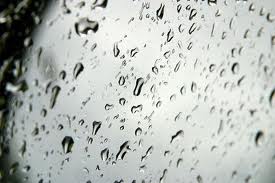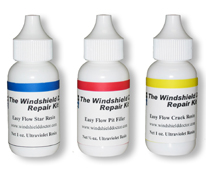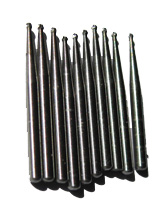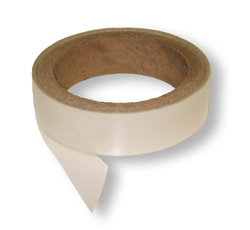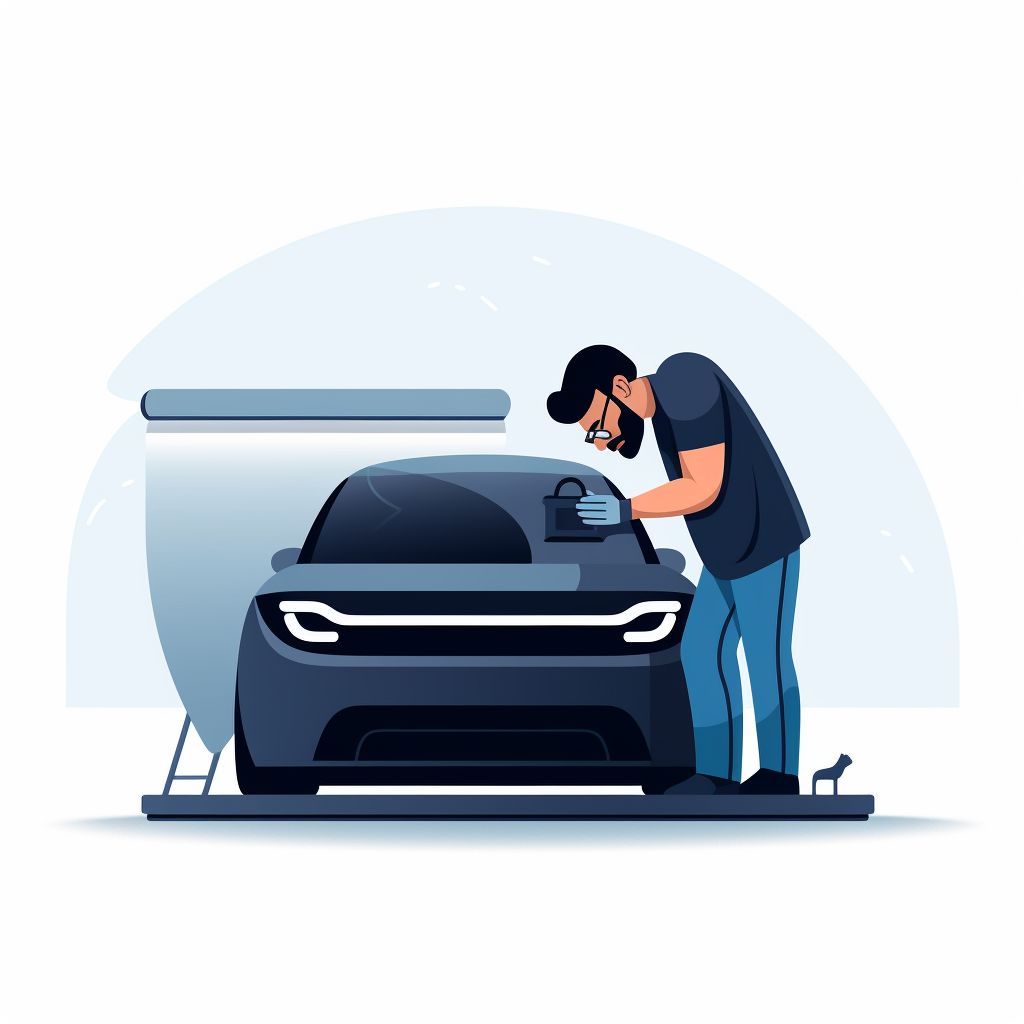
Your windshield does more than just keep bugs out of your teeth—it’s a crucial safety feature of your vehicle. A minor crack or chip might seem insignificant, but ignoring it can lead to costly replacements or even hazardous driving conditions. Fortunately, windshield repair is a quick, effective, and often overlooked solution that can save you money and keep you safe on the road.
Why Windshield Damage Shouldn’t Be Ignored
A tiny chip in your windshield may seem harmless at first, but what happens when the temperature fluctuates? That small blemish can quickly grow into a sprawling crack due to the natural expansion and contraction of the glass. Vibrations from driving, potholes, and even slamming your car door can worsen the damage. Once a crack extends beyond a certain length—usually around six inches—you may no longer be able to repair it, and a full windshield replacement becomes necessary.
Ignoring a crack isn’t just about aesthetics; it’s a safety risk. Your windshield provides structural support to your car, and in the event of a rollover accident, it helps prevent the roof from caving in. A compromised windshield weakens that protection, putting you and your passengers at greater risk.
The Science Behind Windshield Repair
Windshield repair isn’t just about filling in a crack; it’s a precise process that restores the integrity of the glass. The method involves injecting a specialized resin into the damaged area. This resin is then cured with ultraviolet (UV) light, bonding it to the glass and preventing the crack from spreading further.
One of the most fascinating aspects of windshield repair is how it relies on capillary action to draw the resin deep into the crack. Technicians use vacuum and pressure cycles to remove air bubbles and ensure the resin penetrates every crevice. Once cured, the resin hardens and becomes almost as strong as the original glass, reinforcing the windshield’s durability.
DIY vs. Professional Repair: What’s the Best Choice?
With DIY repair kits available at most auto parts stores, many drivers attempt to fix windshield damage themselves. However, these kits often fall short when dealing with larger cracks or more complex breaks. A professional technician has access to high-quality resins, specialized tools, and years of experience to ensure the best possible repair.
Here’s when you should call in a professional:
- The crack is longer than an inch.
- The damage is in your direct line of sight.
- There are multiple chips or a spiderweb pattern.
- The crack has reached the edge of the windshield.
The Environmental and Financial Benefits of Repair
Opting for windshield repair instead of replacement isn’t just good for your wallet—it’s also great for the environment. Every year, millions of windshields end up in landfills because glass recycling facilities can’t always process them efficiently. By repairing instead of replacing, you extend the life of your windshield and reduce unnecessary waste.
In terms of cost, windshield repair is a fraction of the price of a full replacement. Many insurance companies even cover repairs at little to no cost to you, since it helps them avoid larger claims down the road.
Final Thoughts: A Small Fix with Big Benefits
Windshield repair is one of the simplest yet most effective ways to maintain your car’s safety and longevity. A quick fix today can prevent costly replacements, reduce environmental impact, and, most importantly, keep you safe behind the wheel. The next time you spot a chip or crack, don’t wait—take action before it becomes a bigger problem.

